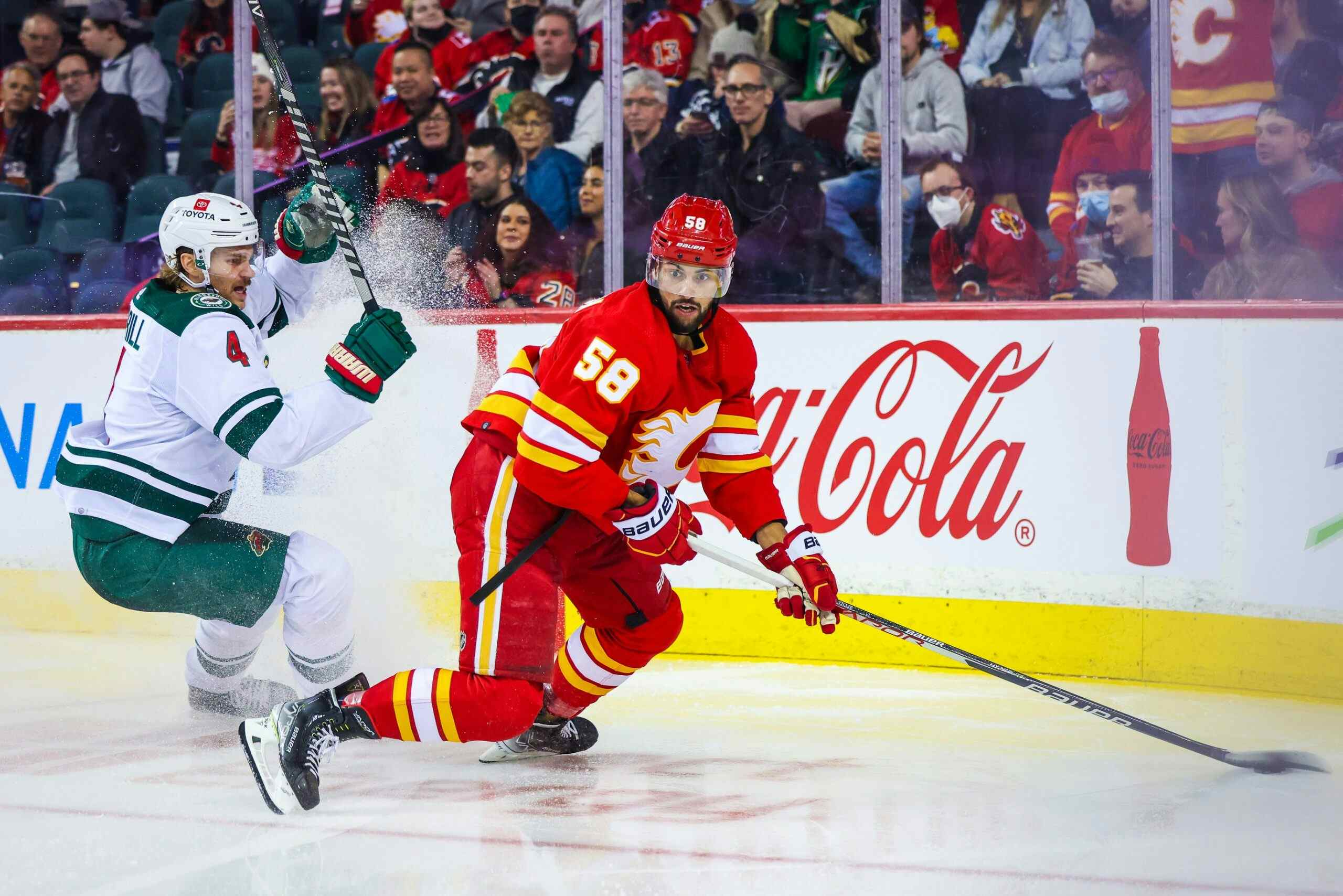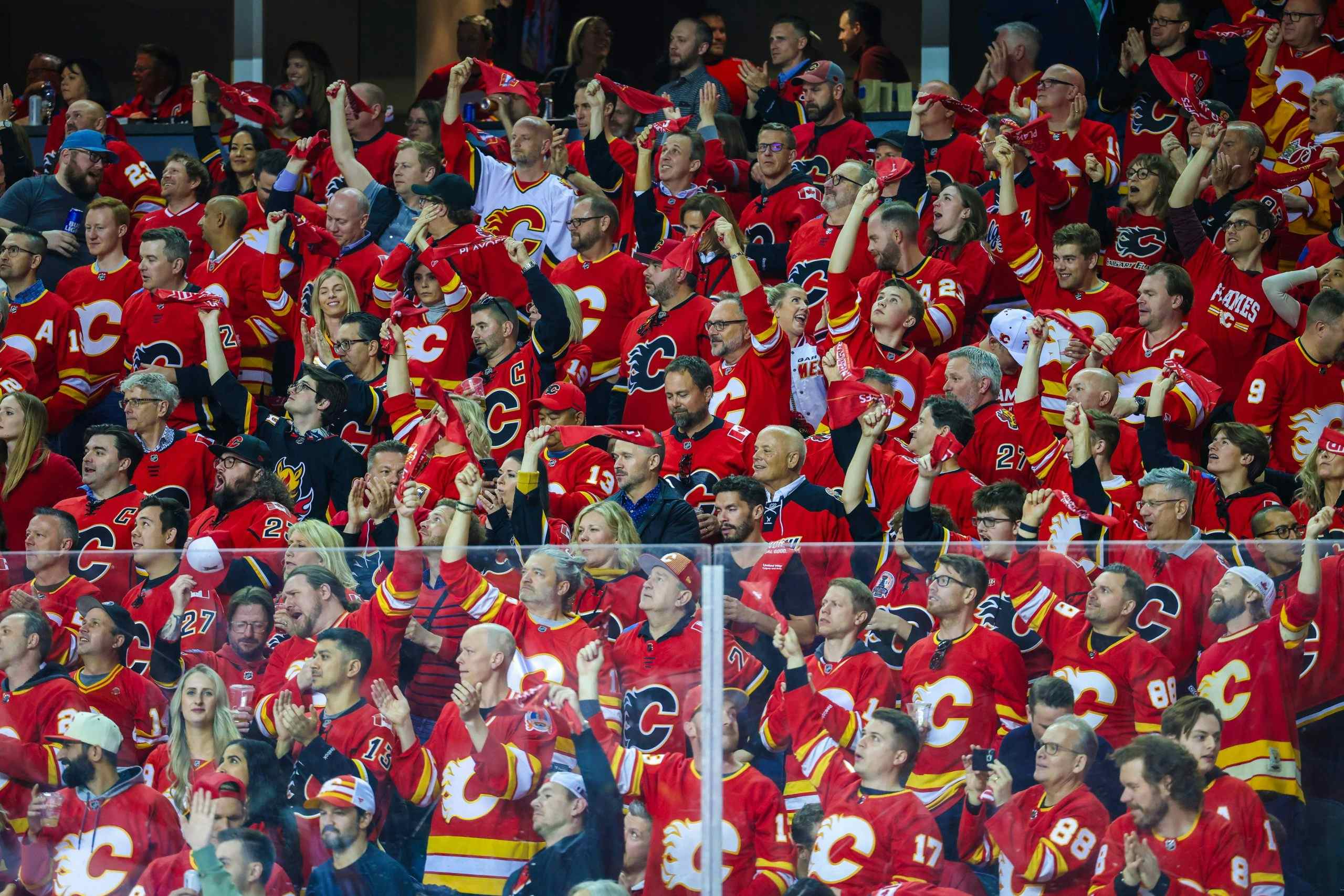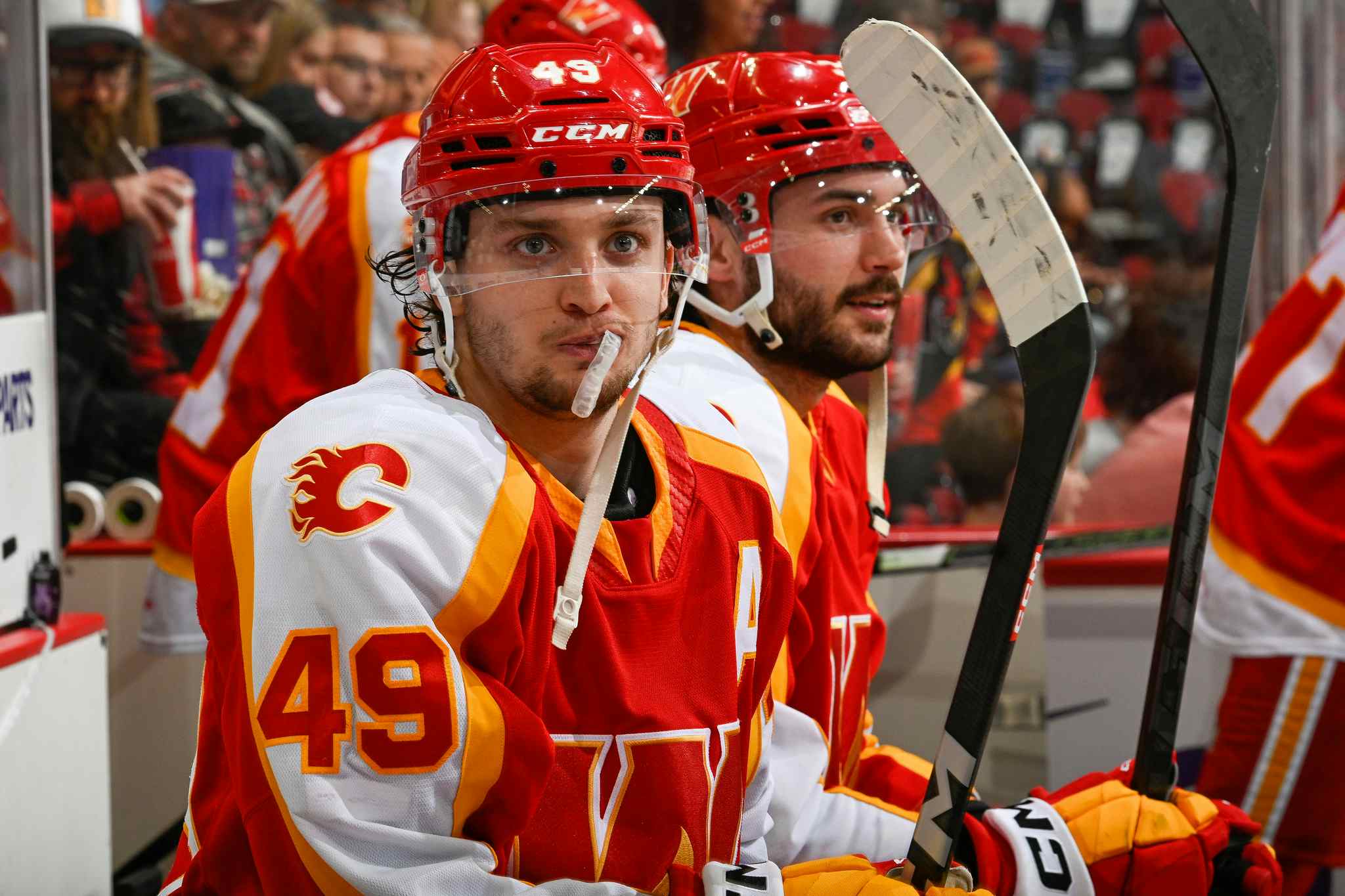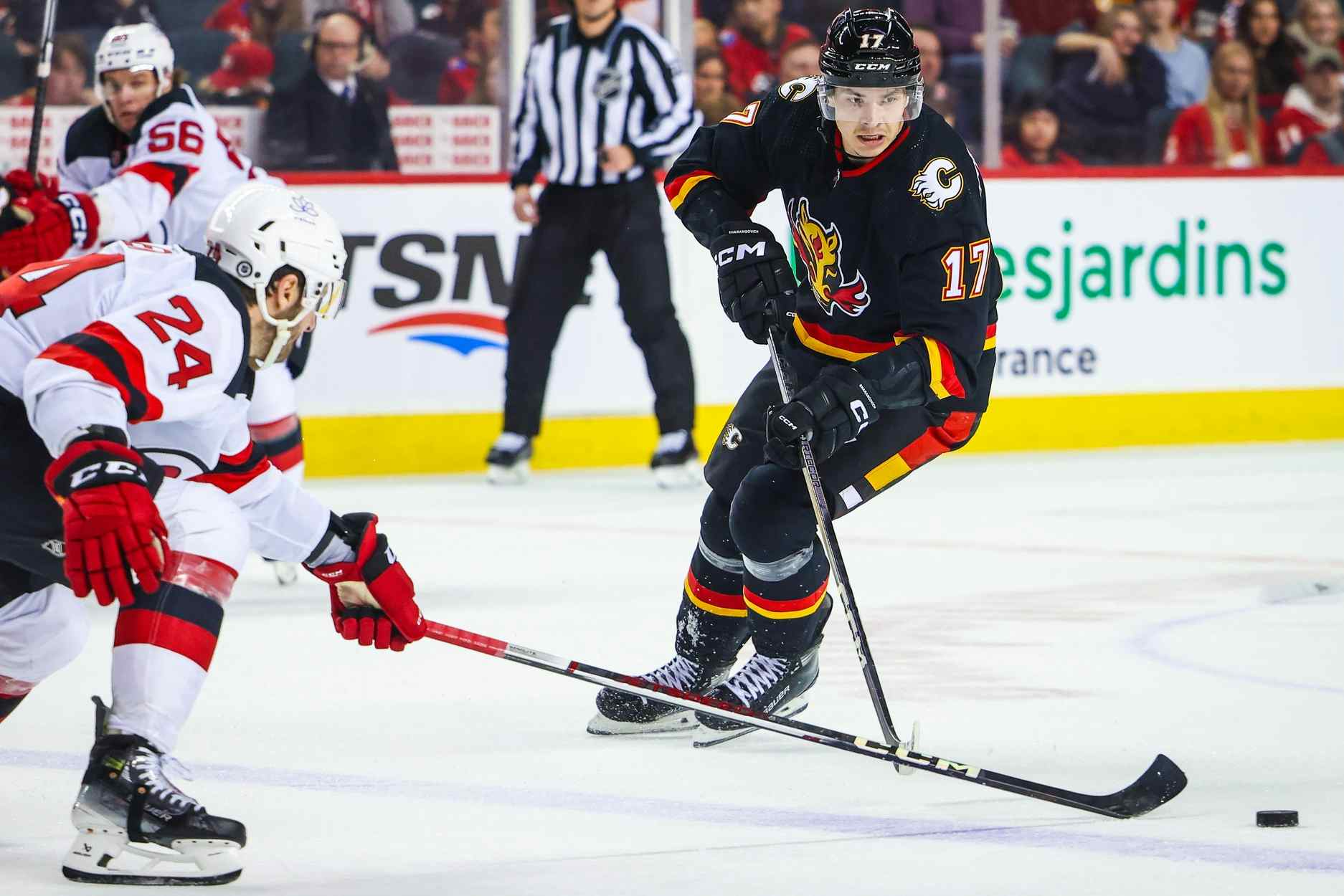Lessons From the Kipper Injury
By Kent Wilson
11 years ago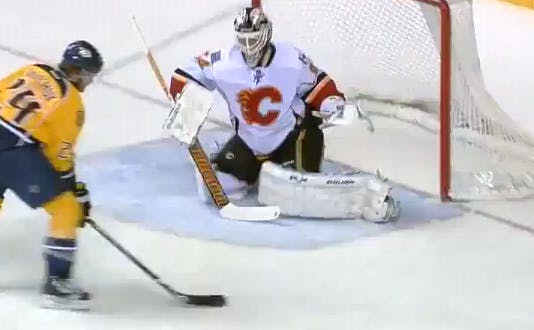
Since getting into hockey analysis, I have found the issue of goaltending to be one of the most fascinating and most contentious. Advanced stats have made some headway in teasing apart the signal from the noise when it comes to evaluating skaters, but for puck stoppers we’re still mostly just groping around in the dark.
Mostly we’ve discovered what NOT to do – generally, it’s a bad idea to pick goalies in the first round of the draft. Wins and GAA can be worse than useless for evaluating talent. Don’t expect unusually good or bad numbers on special teams (particularly the PK) to be sustained over time. Etc.
Mostly the biggest revelations for me in this area is realizing just how little we actually understand (and can accurately predict) goaltender performance. And by "we", I don’t just mean the egghead stat community – NHL decision makers consistently struggle to make good decisions when it comes to their netminders. This is one of the primary reasons I advocate not picking goalies in the first round of the draft – not because an elite goalie isn’t useful or high impact (quite the opposite), just that they are much more difficult to both groom and predict than skaters.
The uniqueness of the position in the sport, its relative depth of importance combined with our general impotence at evaluating performance (outside of extreme outliers at either end, of course) makes the goalie a challenging paradox for GM’s: the guy on the team who can have the single most influence over its goal differential – and therefore success – is the hardest to effectively evaluate. In addition, there is a large middle class of goaltending talent in the league and the supply can often outstrip demand. So even though goaltending is an essential role that can either float or sink an entire club, it usually isn’t optimal to select a puck stopper in the first round or invest too much of your cap budget in net.
Probably the only team ahead of the curve on this issue has been Detroit. It’s not that the Red Wings developed any new insights for evaluating goalies, only that they understood predicting them is hard and that the supply/demand curve in the NHL means you can usually buy league average netminding on the cheap. For a long time Detroit has built its team by assuming average-ish netminding and then either procuring or purchasing the best skaters they could. This is largely the way I’d approach team building in the modern NHL as well.
The other thing I’d do is try to ensure as much redundancy in the crease as possible. That would limit the club’s exposure to risk should the incumbent go cold or get injured. Betting on the above-average performance of a single player in a position that is tough to predict in order to be competitive is a bad gamble. This, of course, is easier to do when you don’t invest a huge chunk in the de facto starter and therefore don’t formulate your potential success on that one player being exceptional.
Which brings us to the Flames current predicament…
Calgary entered the year with an expensive, 36-year old starter, assuming he’d have to maintain a high level of play for the team to compete for a playoff spot. What’s more, they did this with next to no redundancy behind him and no clear contingency plan should things go off the rails.
For an organization with apparent post-season aspirations, this is a series of rather egregious oversights. Not only is Kipper entering the twilight of his career but the chances of the unflappable Fin repeating his performance from last year were poor even if we assume no age-related slippage. In addition, thanks to a total dearth of worthwhile backup options in the organization, a Kipper injurty all but guaranteed the club wouldn’t even receive league average netminding should he go down for any length of time.
And so the club has rolled snake eyes through the early going. Kipper was below average for his first seven games and his subsequent malady ensured Calgary’s puck stopping wouldn’t meaningfully improve, at least not in the near-term. The Flames have received the second worst goaltending in the entire league at even strength to open the season which has significantly undermined what has actually been a pretty strong start by many other measures*. As a result, Calgary is 14th and has the second worst goal differential in the Wetsern Conference through a quarter of this lock-out truncated season. They will have to dig themselves out of an ever-growing hole to realistically compete for a playoff spot…and their goaltending duo for at least another week is Danny Taylor and Joey MacDonald.
* in fact, it wouldn’t surprise me if Calgary’s opening 10 games turns out to be their best 10-game segment in terms of outshooting this season
No one needed a crystal ball or the benefit of hindsight to foresee these risks. The organization hasn’t appropriately evaluated or managed its goaltending position for years (persistently defaulting to "Kipper can do it.") and the chickens have come home to roost.
At some point Kiprusoff will return and he will no doubt stabilize things between the pipes. The lesson that the decision-makers need to take from this episode shouldn’t be "this team needs Kipper", however – rather that the franchise needs to completely re-evaluate how it approaches its goaltending as it moves forward.
Recent articles from Kent Wilson

